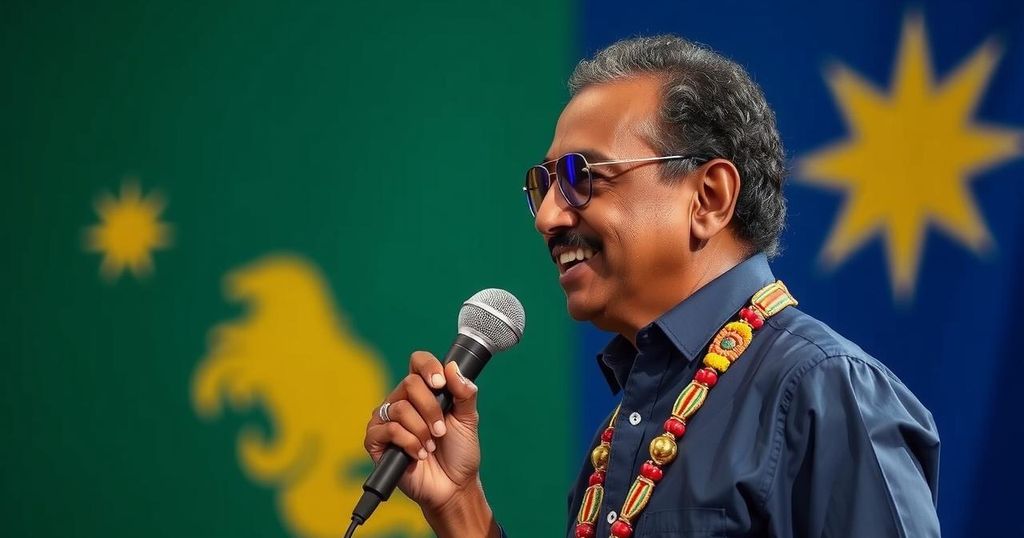World news
2024 ELECTIONS, AFRICA, ALLIANCE, ALLIANCE OF CHANGE, BBC AFRICA, BBCAFRICA, BBCAFRICA. COM, CHAGOS ISLANDS, COM, ELECTIONS, ELECTORAL PROCESS, GOVERNMENT, IMMIGRATION, INDIAN OCEAN ARCHIPELAGO, JUGNAUTH, L ' ALLIANCE LEPEP, MAURITIUS, NA, NAVIN RAMGOOLAM, PR, PRAVIND JUGNAUTH, RAMGOOLAM, UK
Amira Khan
0 Comments
Mauritius Prime Minister Acknowledges Significant Election Defeat
Mauritius Prime Minister Pravind Jugnauth has accepted a “huge defeat” in the parliamentary elections, indicating a transition to his rival Navin Ramgoolam’s leadership. This election was marred by a phone-tapping scandal, which questioned government transparency, and resulted in a social media ban that was quickly lifted. Final results are still awaited, but Ramgoolam’s coalition appears to be leading.
In a significant political development, Prime Minister Pravind Jugnauth of Mauritius has publicly acknowledged the substantial defeat of his coalition, L’Alliance Lepep, in the recent parliamentary elections. As the electorate opted for a new leadership team, Jugnauth remarked on the need to respect the voters’ choice, signaling a potential transition of power to his principal rival, Navin Ramgoolam, leader of the Alliance of Change coalition. This election, marked by controversy stemming from a phone-tapping scandal, has led to high voter engagement amidst concerns over government transparency and accountability. The electoral outcome highlights the dynamics of Mauritian politics, where democratic processes are typically robust. Nonetheless, the recent campaign was overshadowed by alleged misconduct, including the government’s swift imposition and subsequent revocation of a social media ban, ostensibly to prevent misinformation. With final results still pending, initial indications suggest that Ramgoolam’s party is poised to assume leadership, raising significant implications for the future of Mauritius, especially following the recent agreement concerning the Chagos Islands’ sovereignty from the United Kingdom.
Mauritius is often regarded as a model of democracy in Africa, characterized by a stable political environment and a multi-party system. However, the recent parliamentary elections have exposed underlying tensions, notably a phone-tapping scandal that has raised questions about government integrity. The election process is heavily influenced by previous agreements affecting national sovereignty, thus shaping public sentiment and political affiliations. The forthcoming leadership change may bring about substantial shifts in policy and governance.
The recent elections in Mauritius represent a pivotal moment in the nation’s political landscape, as Prime Minister Pravind Jugnauth acknowledges a significant defeat. The expected rise of Navin Ramgoolam signals potential changes in policy direction, especially regarding issues of national sovereignty. In light of recent controversies and the electorate’s decision, the path forward for Mauritius will require careful navigation to maintain its democratic integrity and international standing.
Original Source: www.bbc.com




Post Comment